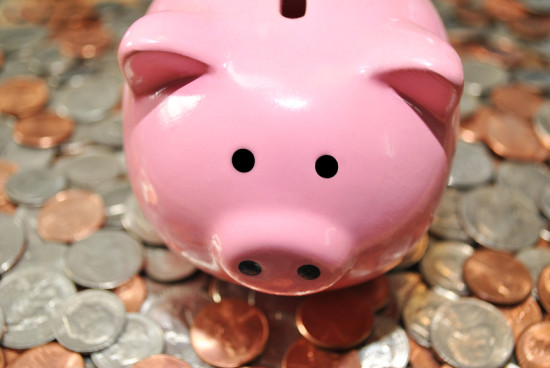My favorite thing to do in my job as a Scottsdale real estate agent is to negotiate offers. When I’m representing the seller in the sale of a home, my job is to get them the highest possible price and the best possible terms.
While there are a number of terms that are typically negotiated in the offer – closing dates, who will pay the HOA transfer fees, termite treatments, personal property inclusions or exclusions, and title companies to name a few – let’s face it, the most important thing to a seller is the money.
“Show me the money” isn’t just about getting the best price for the seller, it’s also about getting the right amount and terms for earnest money, and being comfortable with the financial qualification of the buyer. Let’s look at each of these in detail.
1. Price
It’s my job to get the seller the highest possible price. Getting the highest possible price involves selling the other agent on the value so that the other agent can articulate value better to the buyer.
Not only does that involve reviewing the recent sales in the neighborhood (“the comparables”) with the other agent, but it also involves having a strong familiarity with those properties. The only way you can be really familiar with the comparables is by being a neighborhood specialist. That’s why it’s beneficial to hire an agent who specializes in your neighborhood.
Once both parties have agreed to a price and signed on the dotted line, getting the highest possible price then involves selling the appraiser on the price as well. I make it a practice with all of my listings to meet the appraiser for the appraisal inspection and come prepared with the most relevant comparables that support the property’s sales price.
I can’t make the appraiser use my comparables in his or her appraisal, but at least I have done my best to make the appraiser aware of them. I am also there to answer questions about the property and the neighborhood, to point out upgrades and features that I want to be sure are not missed.
2. Earnest money (a.k.a. “Skin in the game”)
When I receive an offer, another item I focus on is the amount of earnest money that is offered. A low earnest deposit does not turn me on or instill any confidence about the buyer. A buyer who is confident in his ability to get financing and is serious about the property generally does not “low ball” the earnest deposit (unless of course he or she is a victim of bad advice from his agent.)
In addition to getting the earnest money to an acceptable level, I recommend to the seller that they ask for the earnest money to become non-refundable at the end of the inspection period. Since my seller is going to incur the time and expense of moving, not to mention having their home off the market and losing marketing time, I think it’s only fair to ask for non-refundable earnest money. The buyer still has the inspection period to back out of the deal and receive a full refund of their earnest deposit.
Again, if the buyer isn’t confident in their financing or isn’t serious about going forward with the transaction, they probably don’t want to put down non-refundable earnest money, and it’s a good way to weed out this prospective buyer ahead of time.
I can say that 99.9% of the time, when you have non-refundable money from the buyer, there are no last minute surprises and the deal closes.
3. Prequalification Form or Proof of Funds
In the event of a cash offer, it’s typical and prudent when you are representing the seller to ask the Buyer to show evidence that he has the funds available to close the transaction. This can be in the form of a letter from a banker, or an actual account statement (I typically ask the buyer to redact sensitive information like account numbers.)
When the buyer is getting financing, one of the first things I do is look to see who the lender is, and then I give the lender a call. If the lender is an obscure internet lender and it’s difficult to get someone on the phone who knows the buyer, then I know we may have a problem.
Not all lenders are created equally, and it’s always best to get a recommendation from someone who has experience with lenders, like your real estate agent.
As a seller’s agent, I like to have a discussion with the lender to find out how much they have prequalified the buyer, apart from filling out the prequalification form. My policy is to find out as much as I can so that I can share this information with my seller and keep them fully informed. If I don’t like the way something sounds, I let them know.
If you’re looking for DC Ranch homes for sale or have a DC Ranch home to sell, give us a call at 480-360-0281 or fill out the contact form below. I specialize in DC Ranch real estate and I live in the neighborhood as well.
Don Matheson
Realtor | Founder
The Matheson Team – RE/MAX Fine Properties
21000 N. Pima Rd., #100, Scottsdale, AZ 85255
480-360-0281
don@scottsdalerealestate.com








